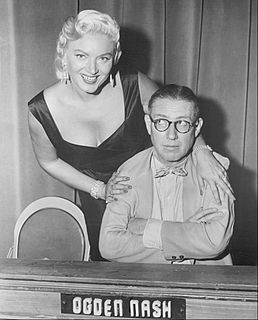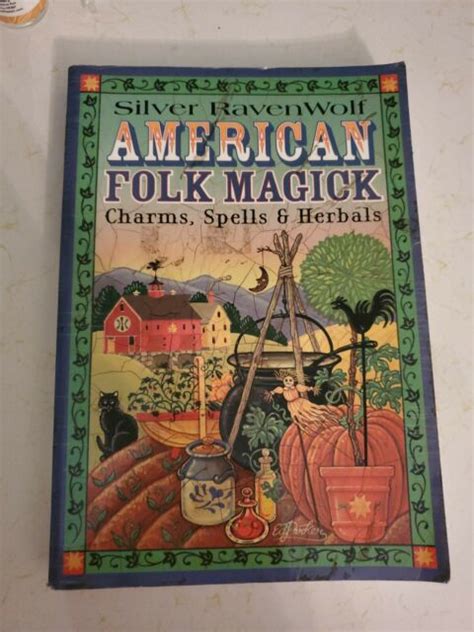A Quote by Monty Don
It does seem to me that the British in particular, British horticultural literature and television programmes, focus a huge amount on how we garden and hardly at all on why we garden.
Quote Topics
Related Quotes
You will hear people say the C-word. Except, it's a regional language: in British English, c - t has much less of an inflammatory sense than it does in North American English. You can hear someone on British TV called "a c - ting monkey" or a man being called a c - t. The particular fascination of profanity is how culturally specific it is and how it evolves.
Gardeners (or just plain simple writers who write about the garden) always have something they like intensely and in particular, right at the moment you engage them in the reality of the borders they cultivate, the space in the garden they occupy at any moment, they like in particular this, or they like in particular that.
Just as an earthly garden needs constant attention, so, too, does our spiritual garden. When we first begin our journey of spirituality our garden is filled with all sorts of interesting items--it was not, after all, a fallow place before we sought to investigate what might be there and what we could possibly put in it. Everyone's spiritual garden is different, because each individual is unique.


































